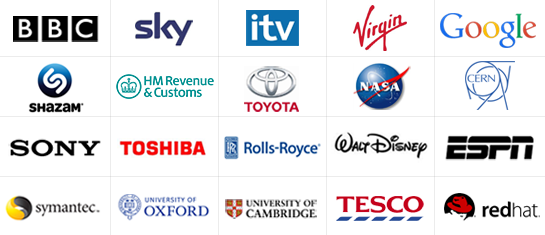
Broadberry ZFS storage appliances feature a wide range of industry-leading, enterprise-grade storage features such as thick, thin and over-provisioning, seamless integration with active directory and tiered caching.
Broadberry ZFS Appliances can scale up to a massive 5 petabytes of storage. The solutions in this range feature a unified storage model, which allows you to run and manage files and applications from a single device. A unified storage architecture utilises file protocols like iSCSI, Fibre Channel (FC), SMB (CIF) and NFS to enable users to access consolidated storage and applications.
Configure NowData Storage Features:
- Features Overview
- High Availability
- Data Integrity & Protection
- Seamless Integration with Active Directory
- Inline Compression & Deduplication
- Thick, Thin & Over Provisioning
- Tiered RAM and SSD/NVME Caching
- Supported Protocols
- Fibre Channel Technology
- Data Acceleration
- File System
- User Interfaces
- Data Corruption Prevention
- Storage Monitoring

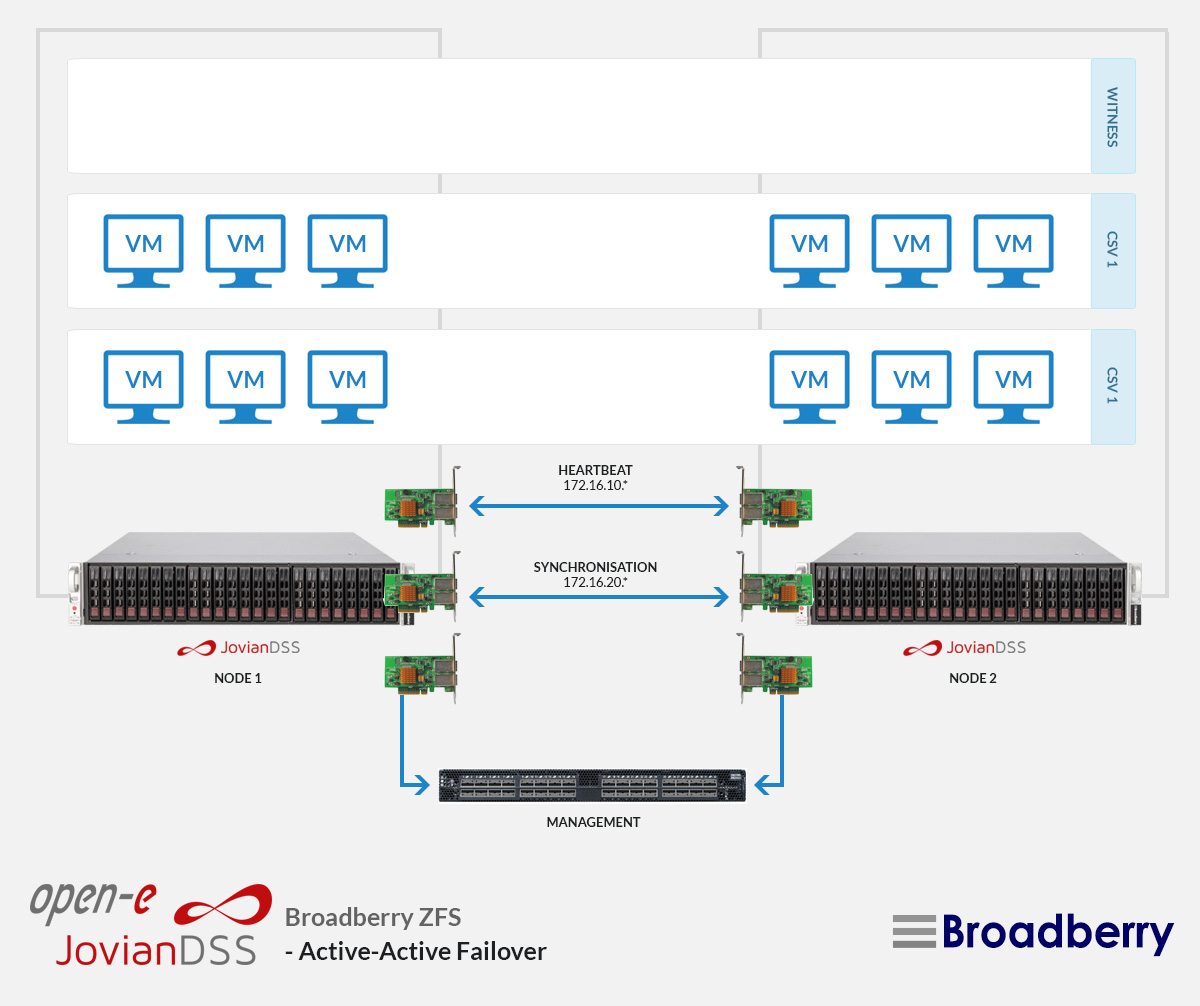
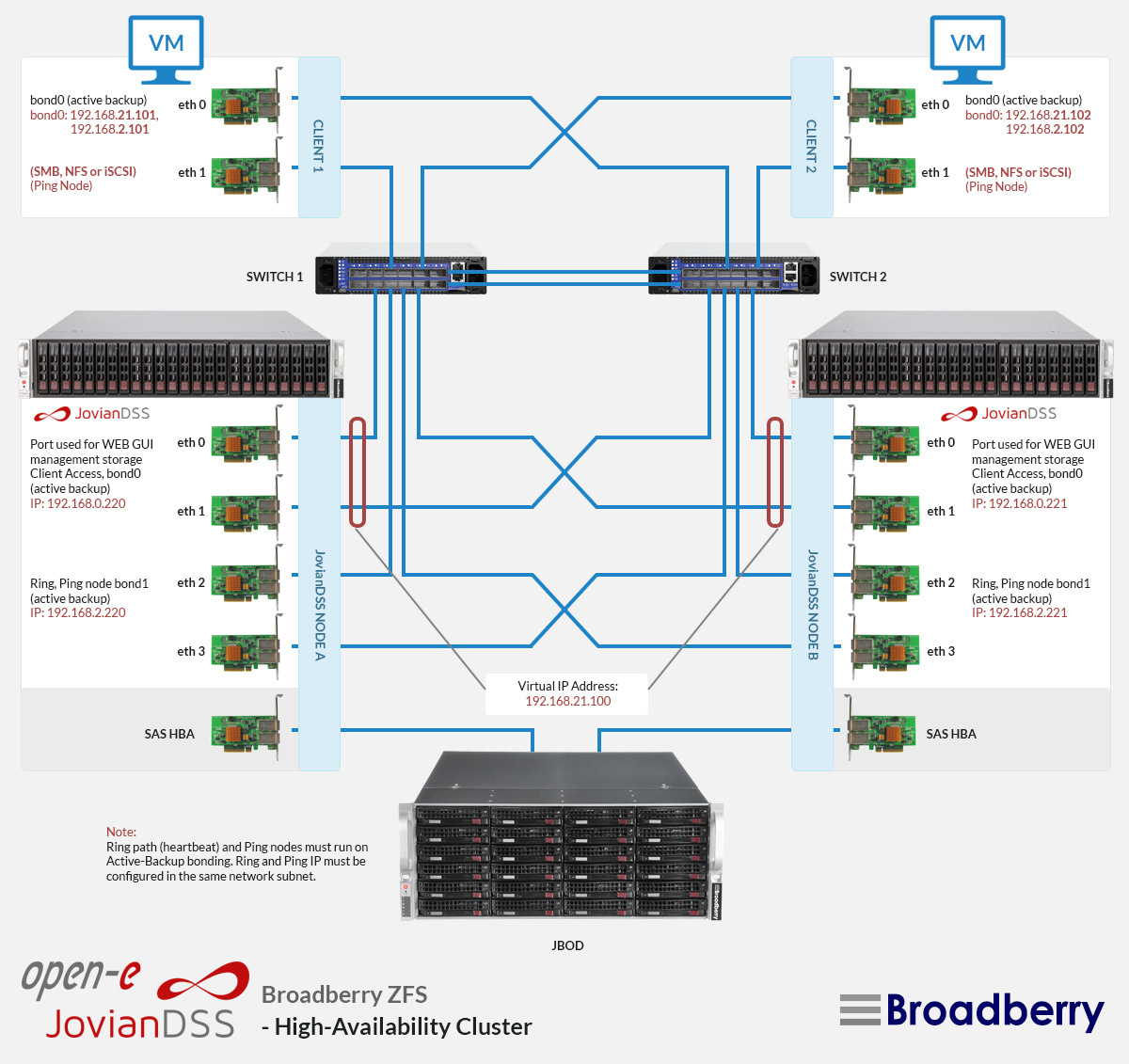
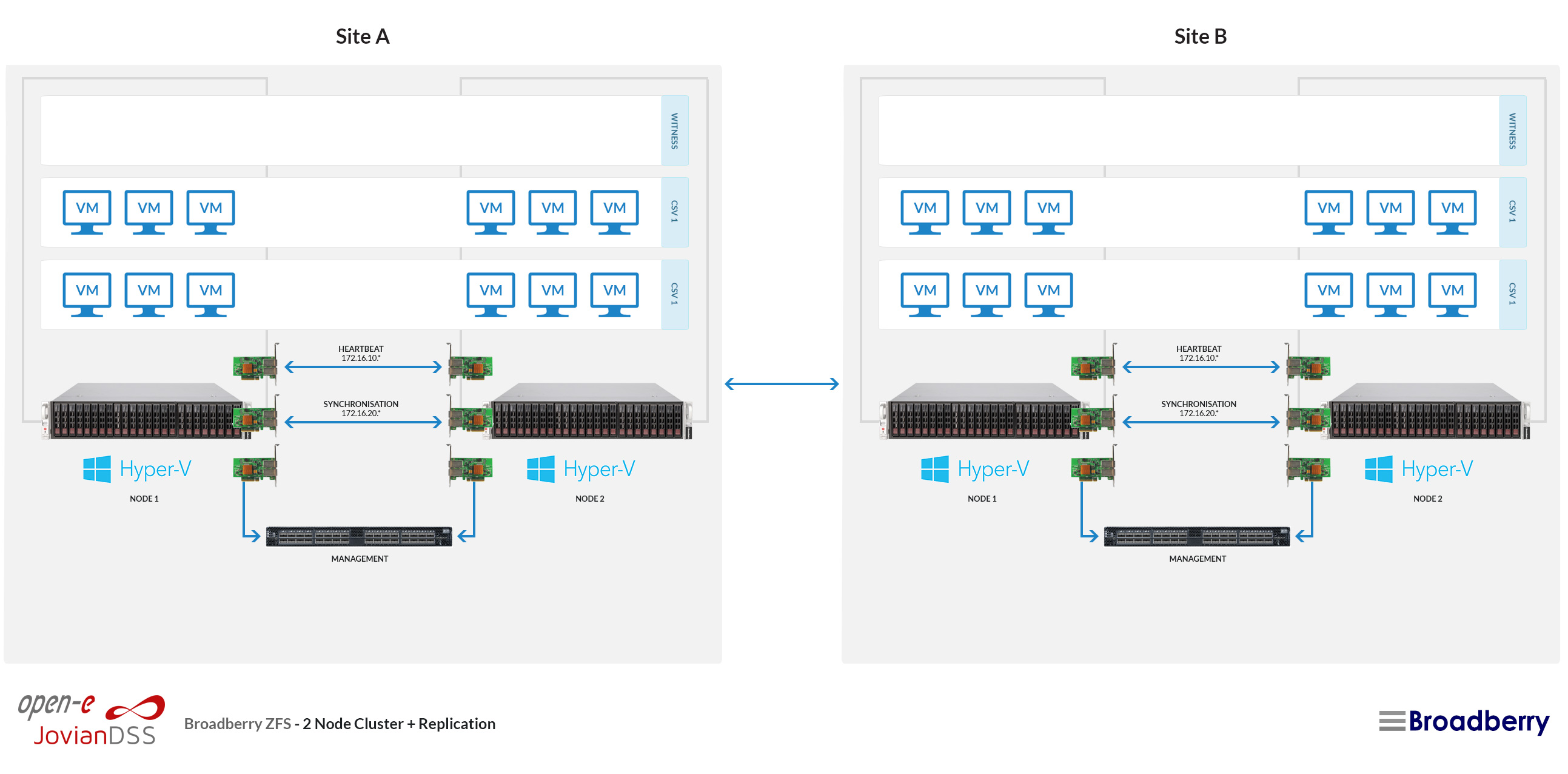


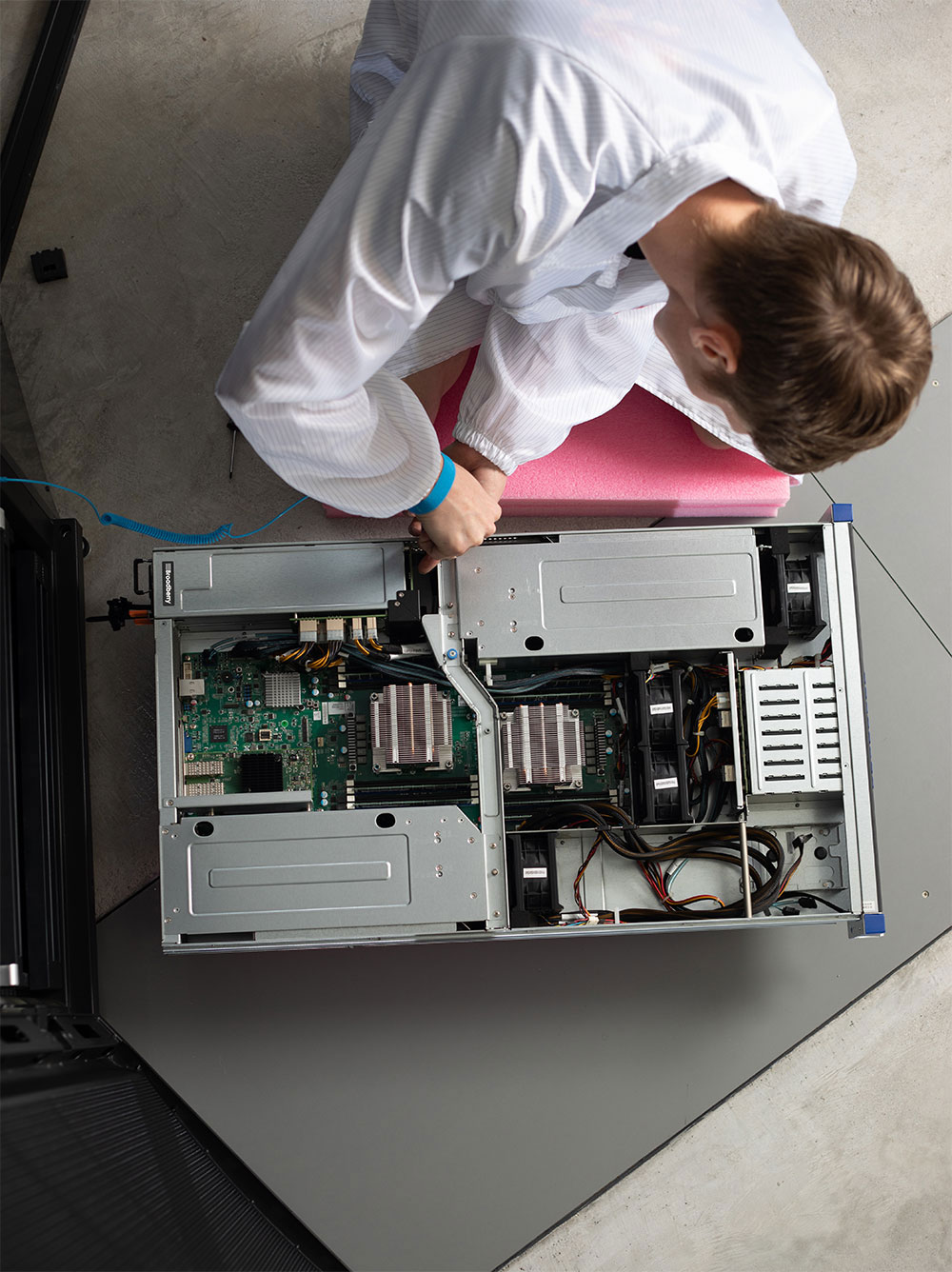
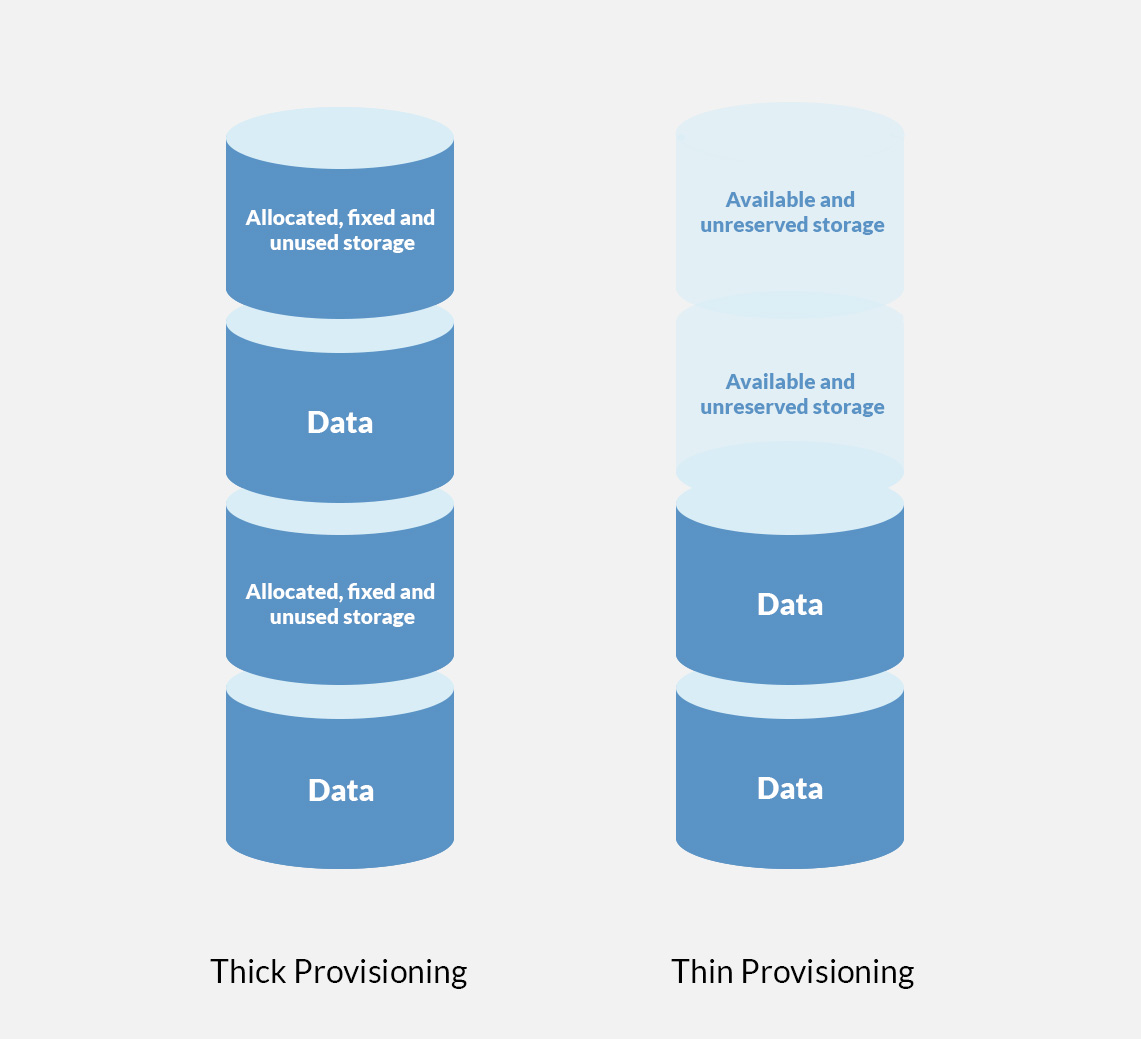

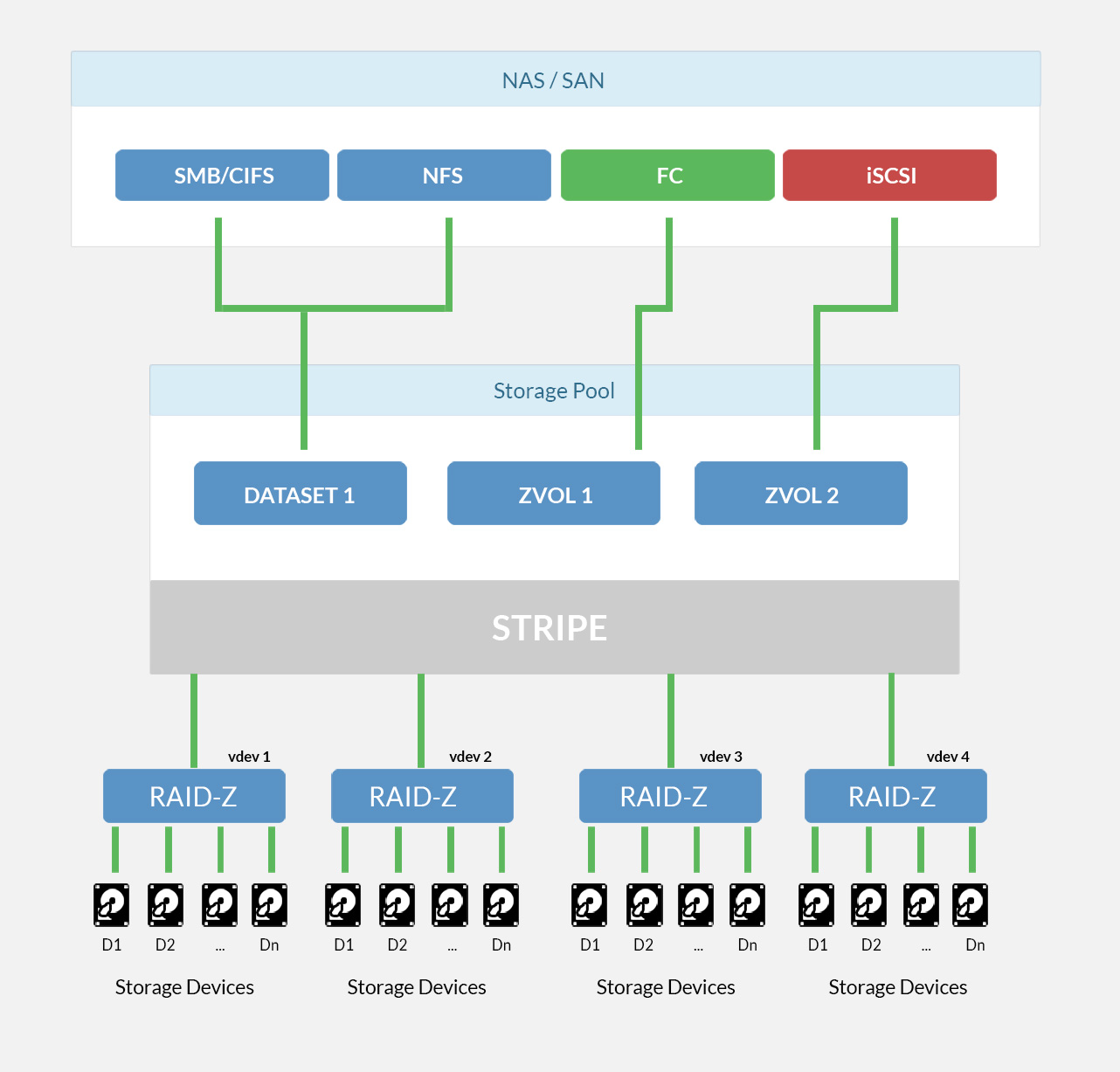
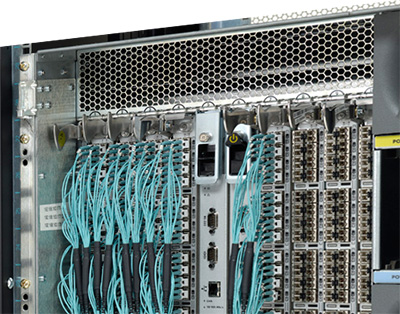
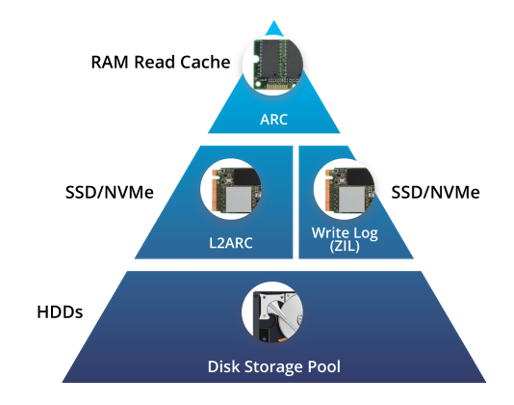
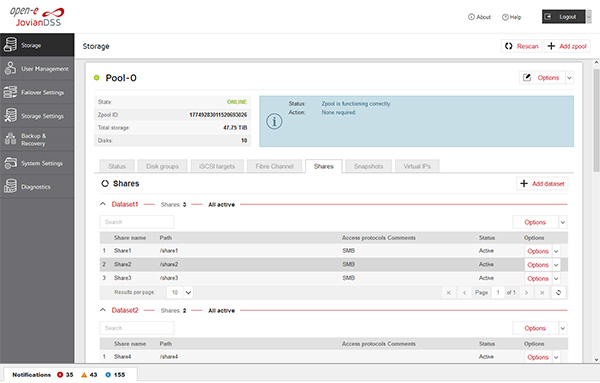
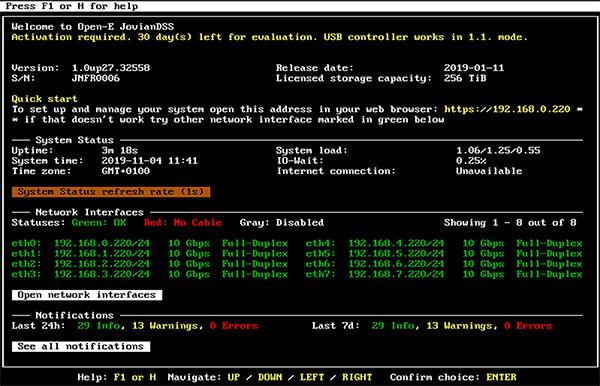
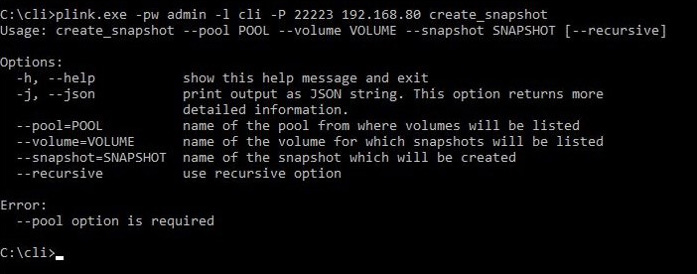
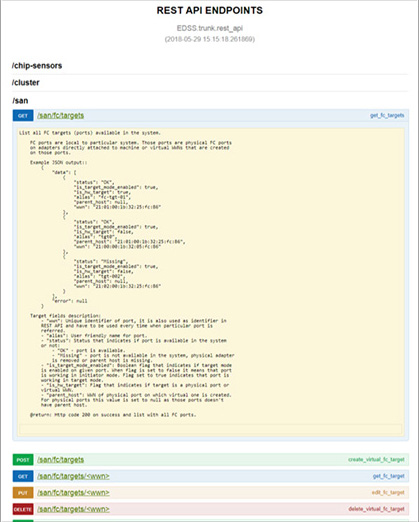



 Our Rigorous Testing
Our Rigorous Testing Un-Equaled Flexibility
Un-Equaled Flexibility